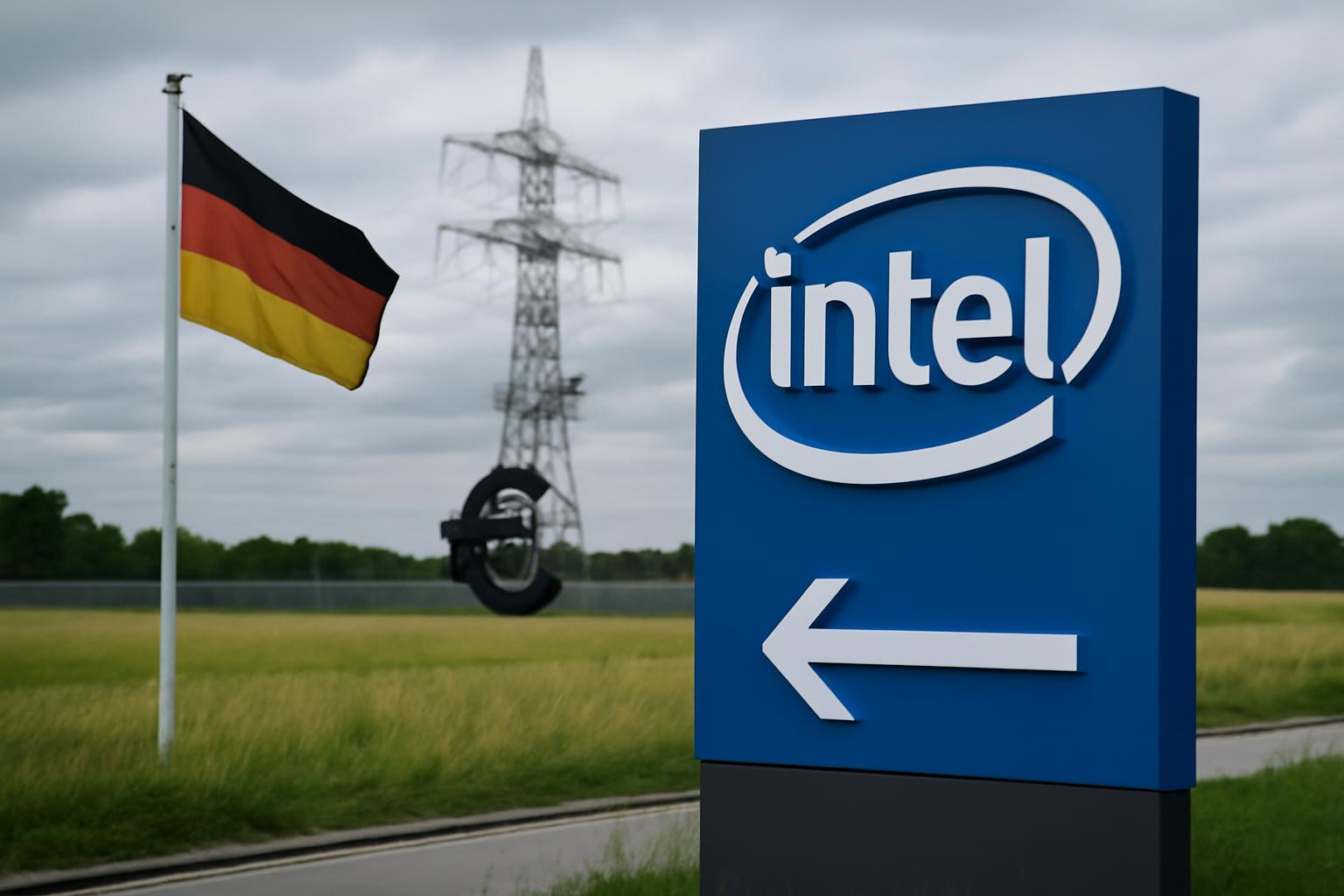Intel’s official withdrawal from the Magdeburg semiconductor project has thrown both cold water and clarity on Germany’s ambitions to anchor the next generation of high-tech industry within its borders. Political leaders express their disappointment with an air of inevitability, seeking to salvage hope by highlighting alternative, smaller projects like FMC’s memory chip facility. Union voices plead that this not be interpreted as a death knell for dreams of industrial revitalization, but the tone is sober—a large multinational has abandoned ship, and the gap left is yawning.
Yet, as I observe these events unfold, I cannot help but rail, once more, against the dangerous delusion that prosperity can be orchestrated through grand, state-backed industrial policy. The original plan to entice Intel with public subsidies was profoundly misguided. How fitting—and fortunate!—that it unraveled before the German taxpayer was forced to underwrite a global giant’s questionable business prospects.
Have we learned nothing from the long and wasteful history of government attempts to “pick winners”? Politicians, with their incentives to chase headlines and short-term job creation, are fundamentally unsuited to allocate resources more wisely than the dispersed knowledge of countless individuals and enterprises in a functioning market. Subsidizing a company already struggling to maintain its edge in the global chip race—when even casual observers could foresee trouble—would have been a text-book example of misplaced intervention. No amount of technocratic ambition can compensate for the inability of bureaucrats to foresee the future better than the market itself.
There is something almost tragic in the sight of local governments now scrambling to repurpose land, searching for “another major company” to fill the vacuum, as if investment and innovation were creatures to be summoned at will by waving around the promise of public largesse. I fully agree with the measured comments from German economists: if you wish to engender an environment where high-tech industry flourishes, do not tie it down with the chains of endless negotiation, subsidy, and centralized planning! Instead, focus on the pillars of open competition, clear rules, flexible labor markets, and genuine entrepreneurial freedom.
The impulse to prop up national champions or spark industrial miracles with taxpayer money is rooted in a deep misunderstanding of how economic progress arises. It is not conjured through the expenditure of public funds or the fervor of committees, but rather through the organic, decentralized, evolutionary process of countless private actors responding to prices, knowledge, and incentives.
Let Magdeburg’s moment of disappointment serve as a lesson, not an excuse for ever-larger government intervention. If Germany—and Europe at large—truly wishes to be at the forefront of technological innovation, it must trust in the spontaneous order of the market. Encourage entrepreneurship, minimize regulatory barriers, and keep the heavy hand of state planners off the scales. Only then can we have sustainable progress, driven not by top-down ambition but by the boundless experimentation and discovery that freedom alone allows.
